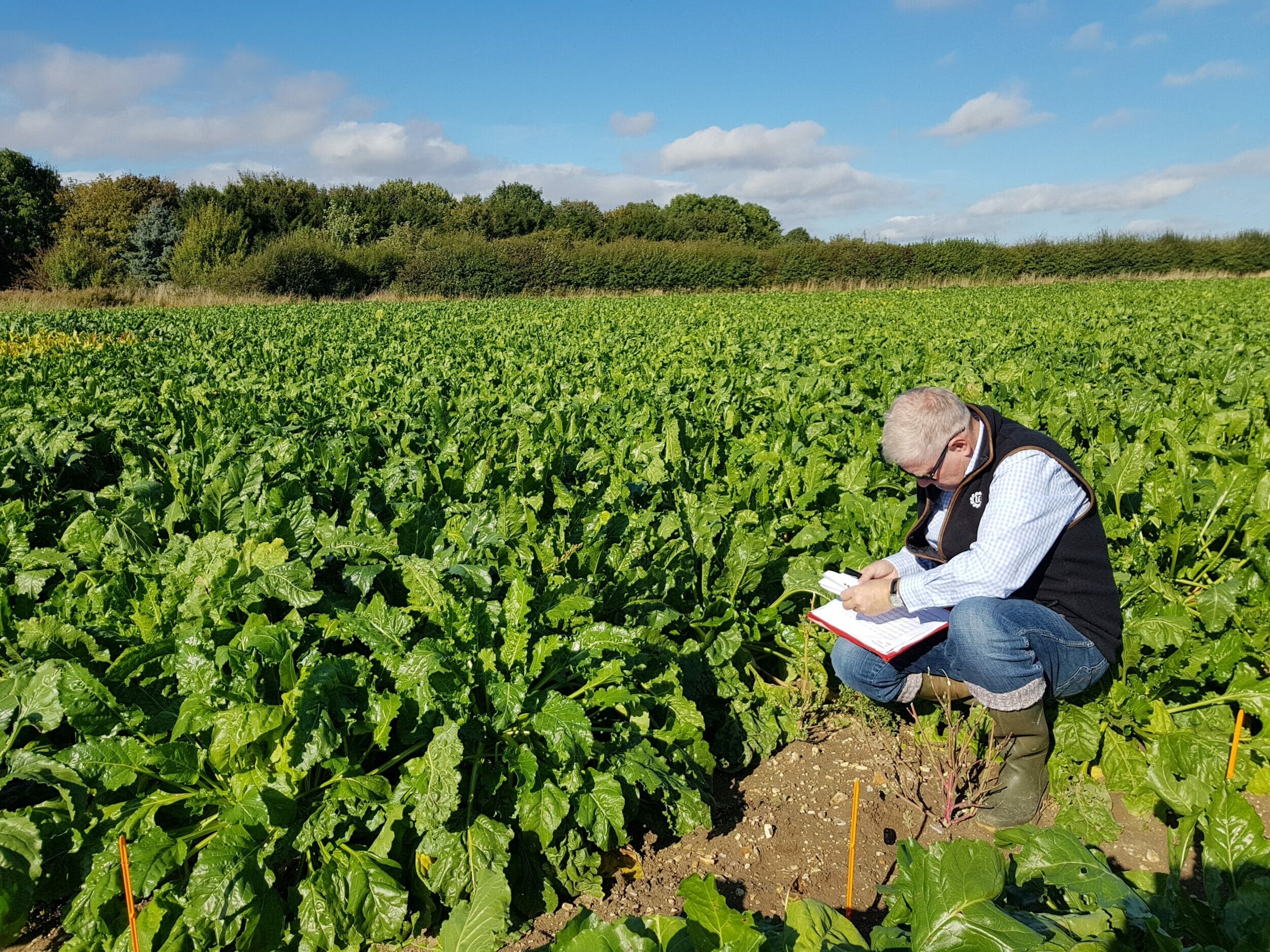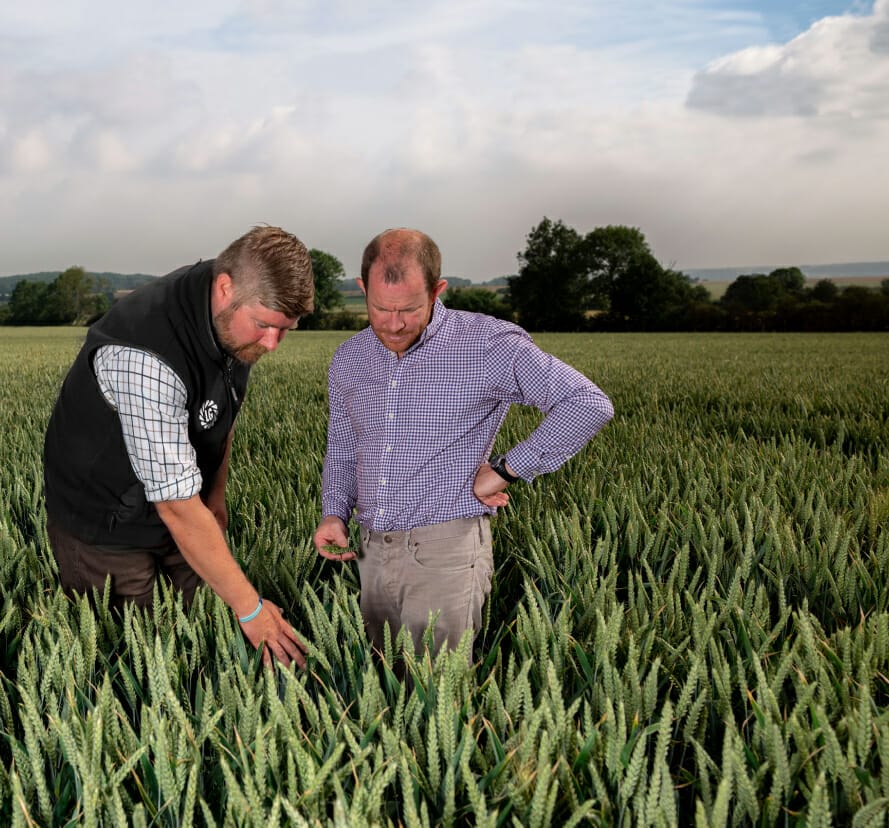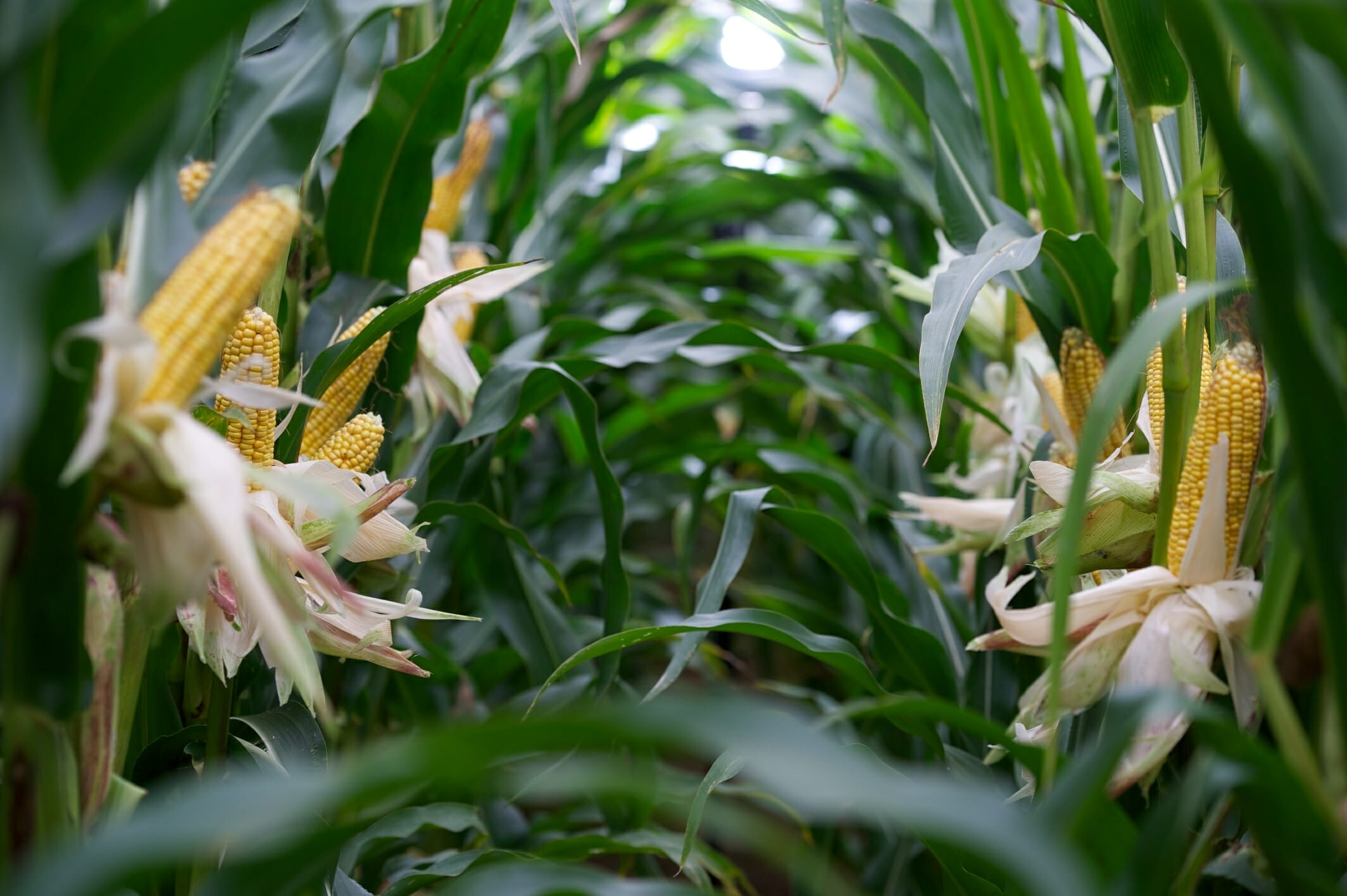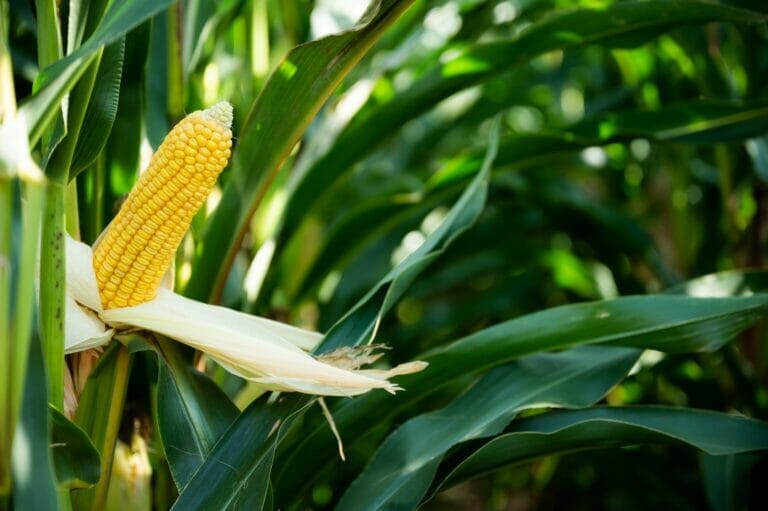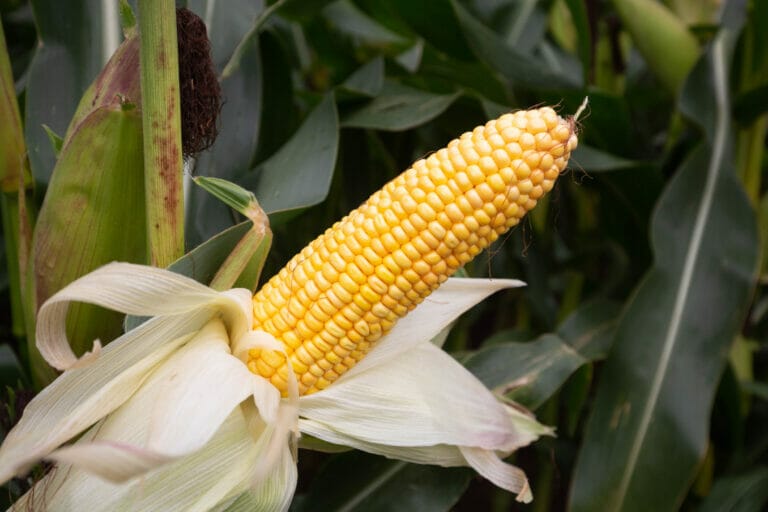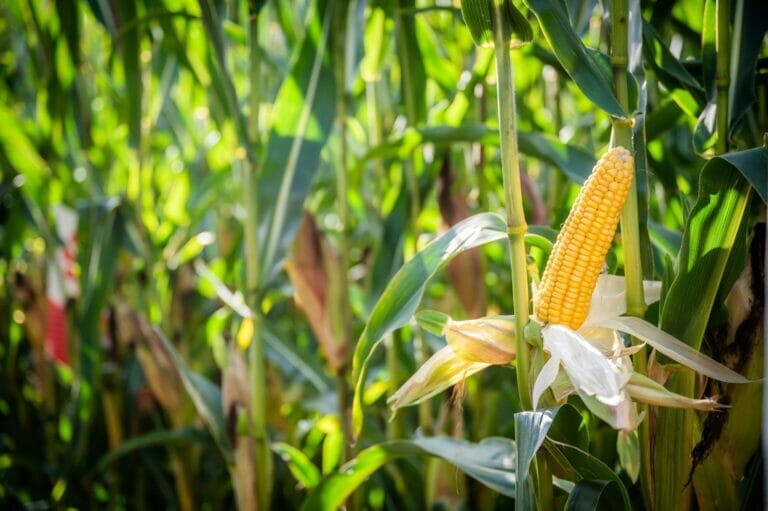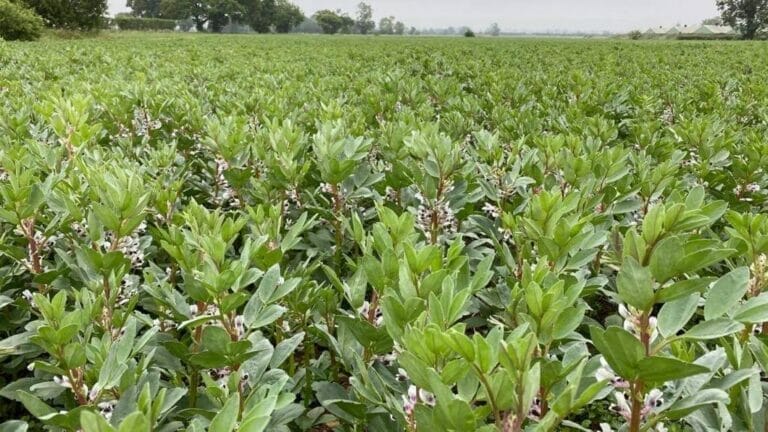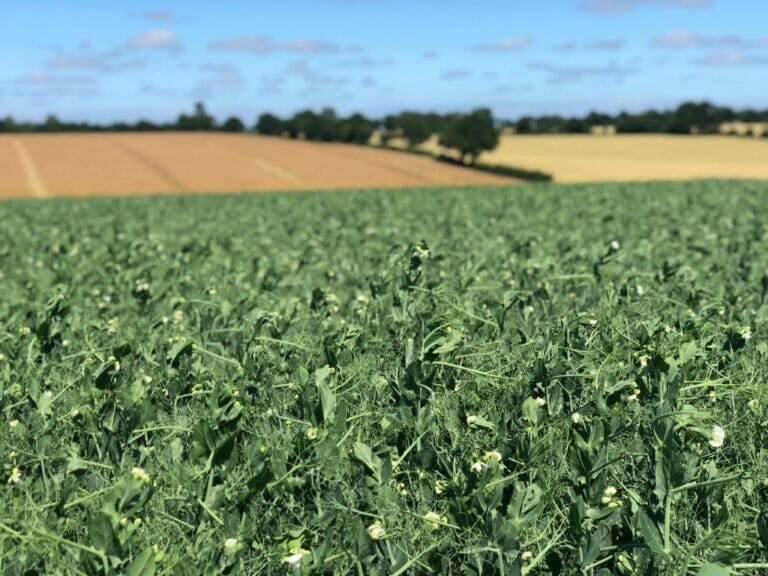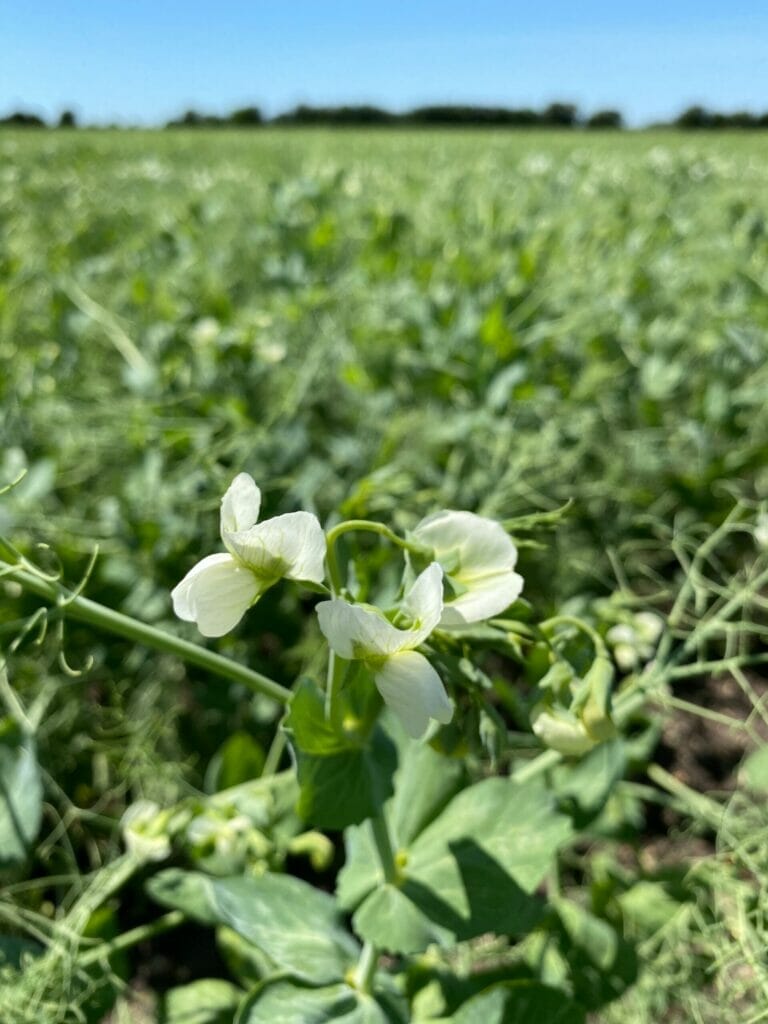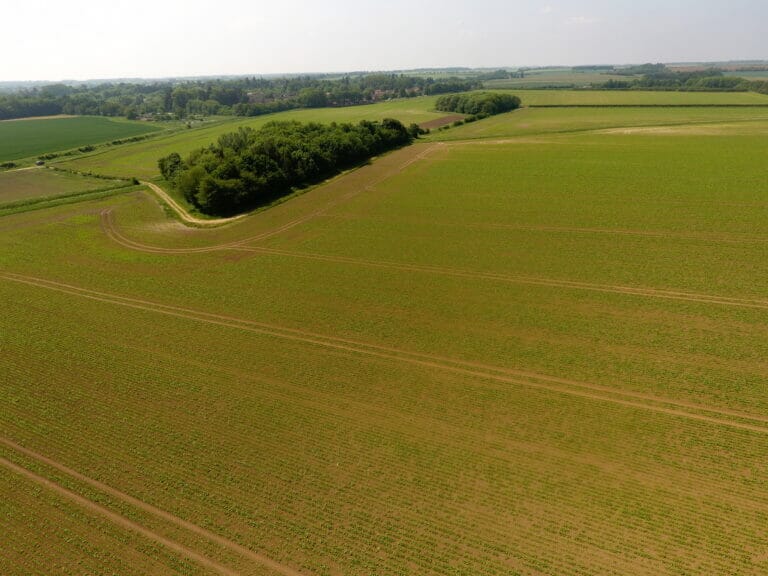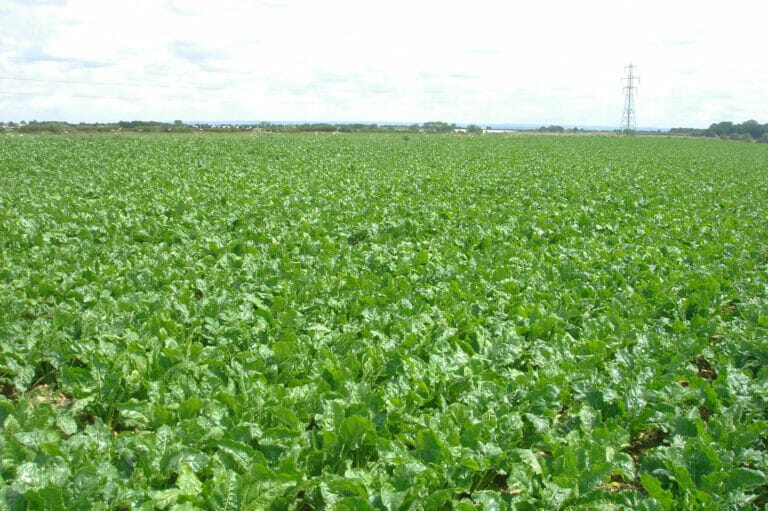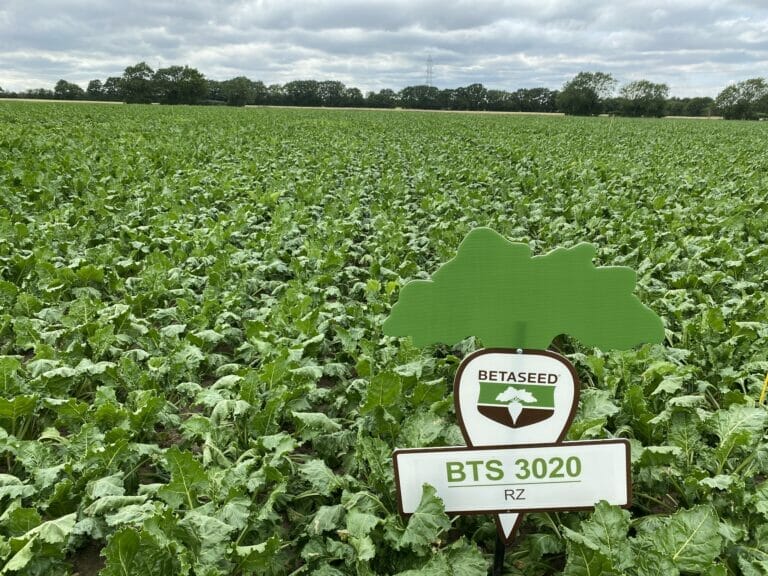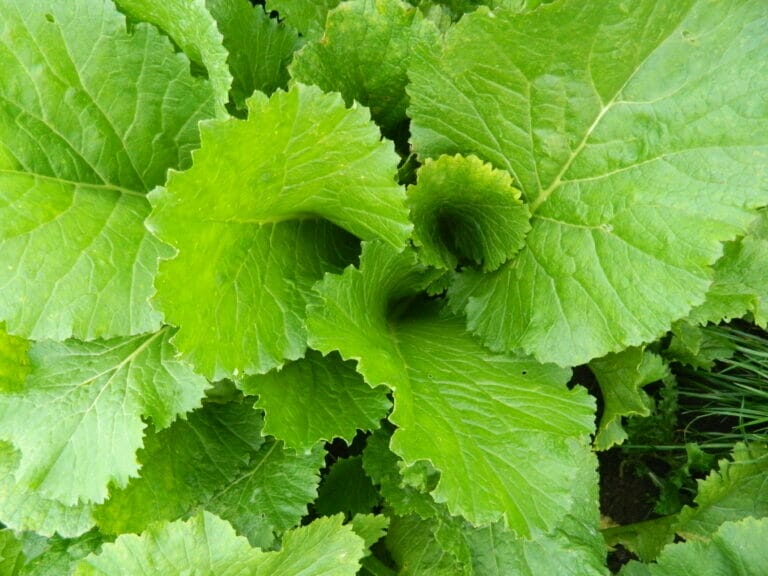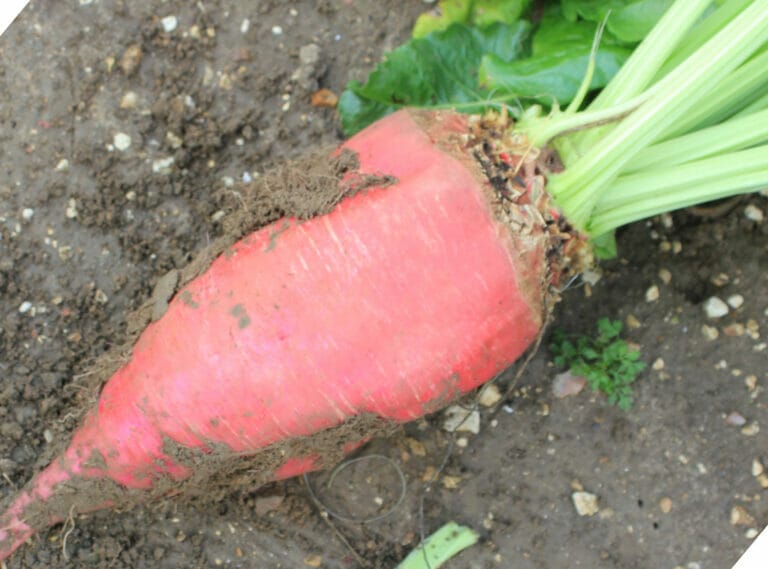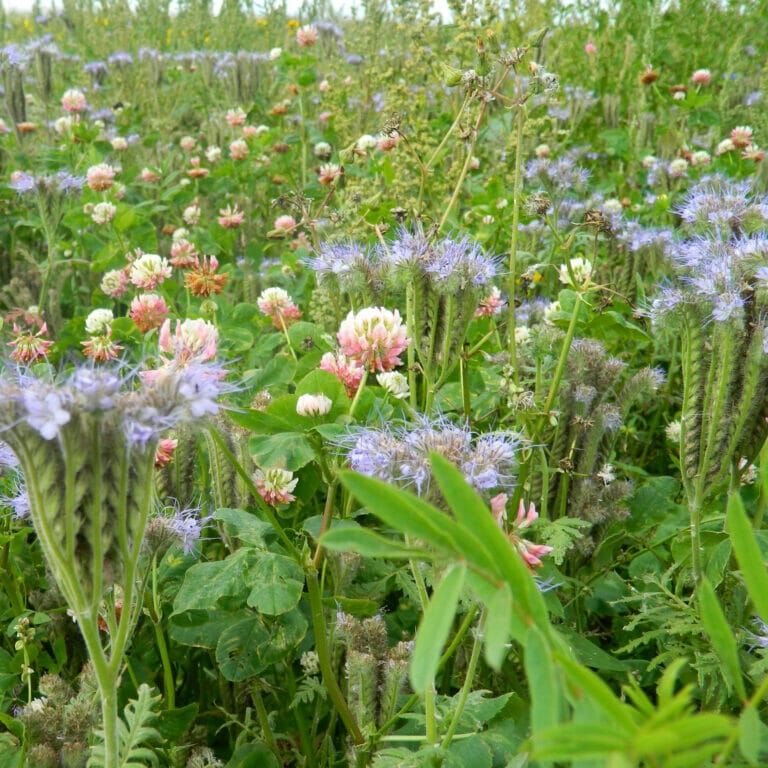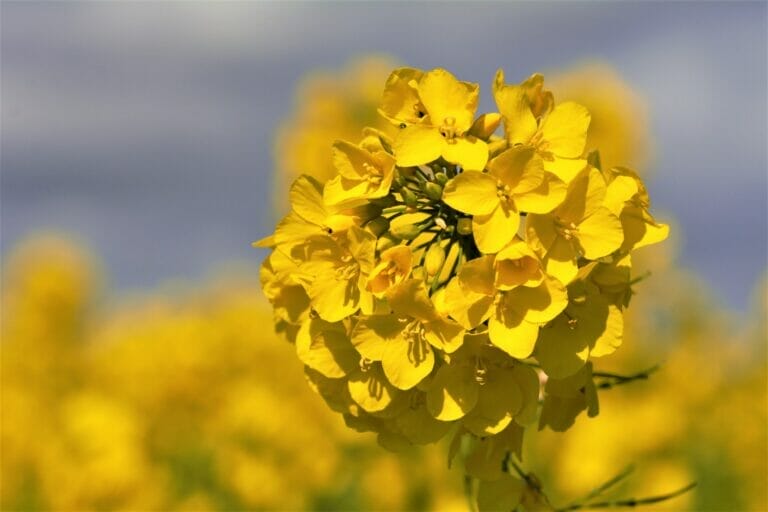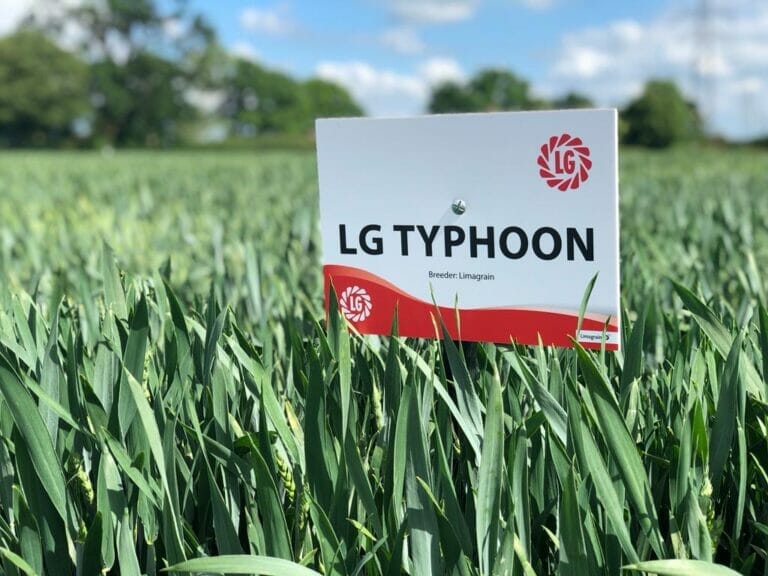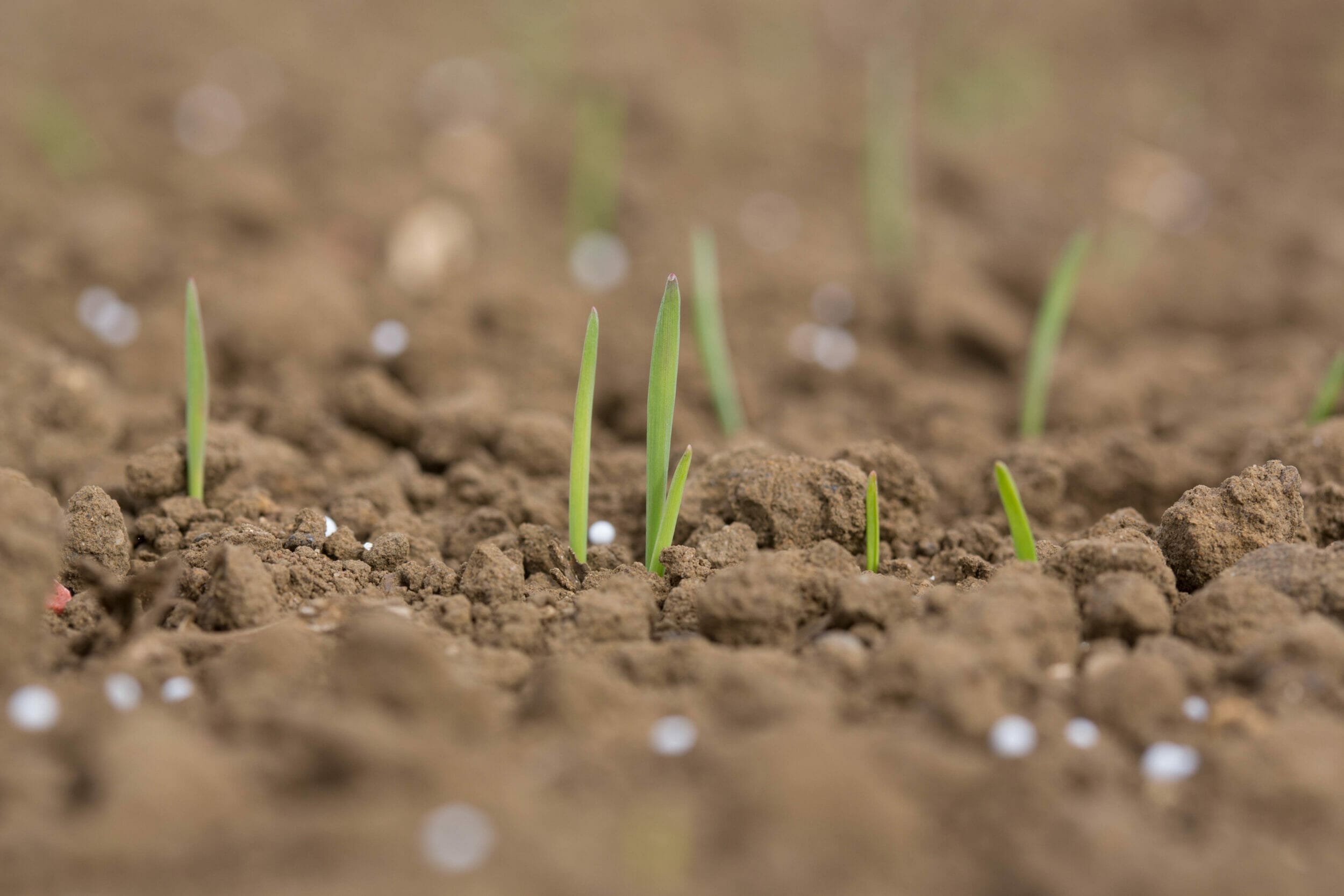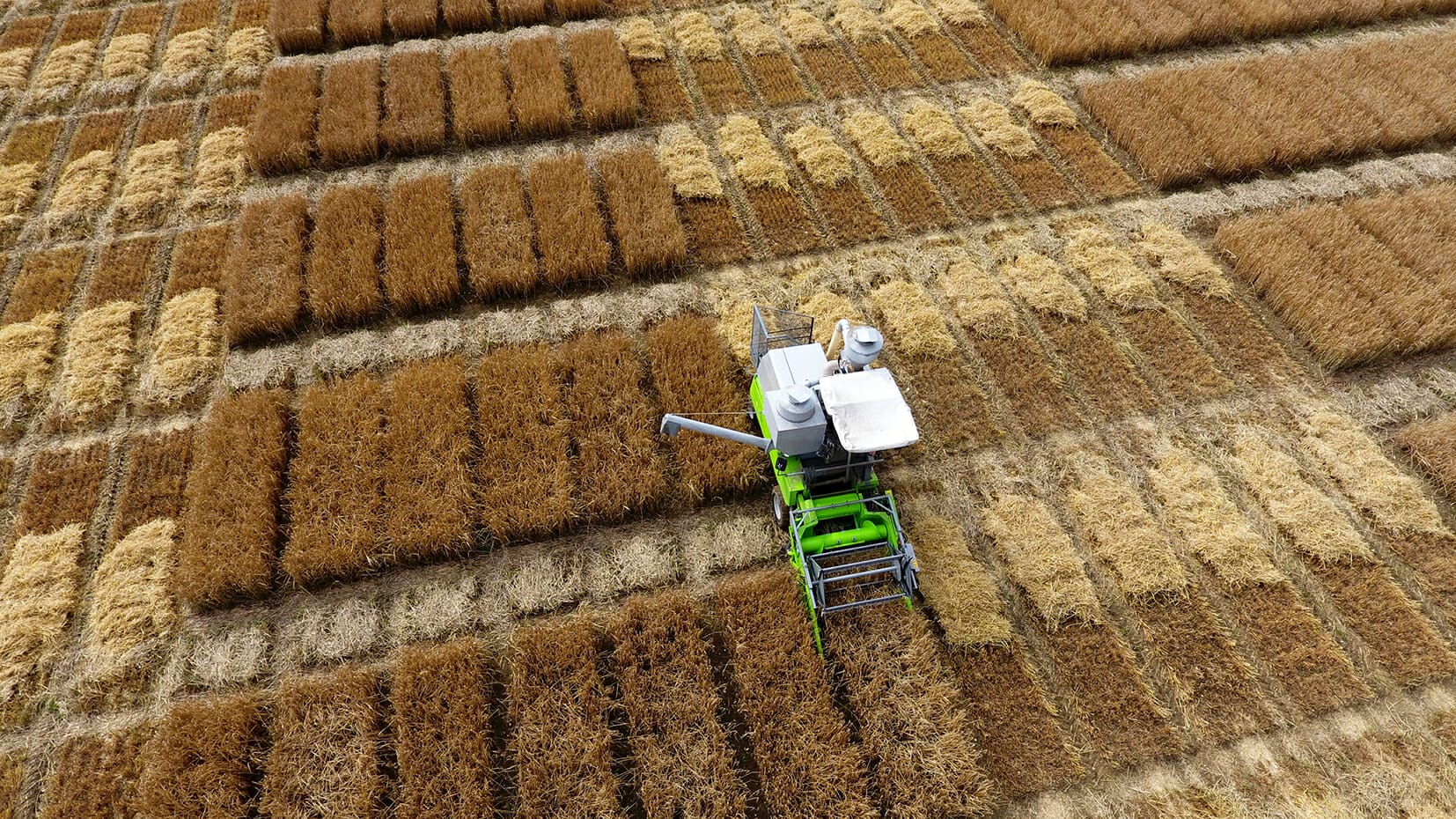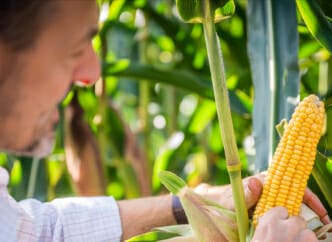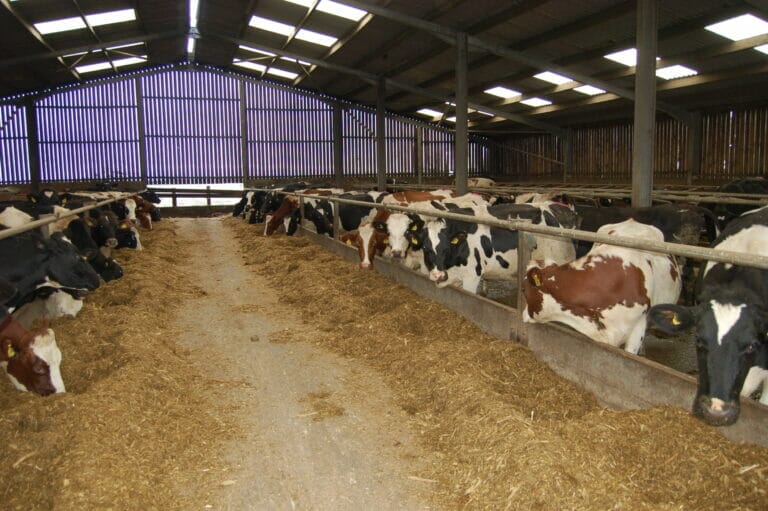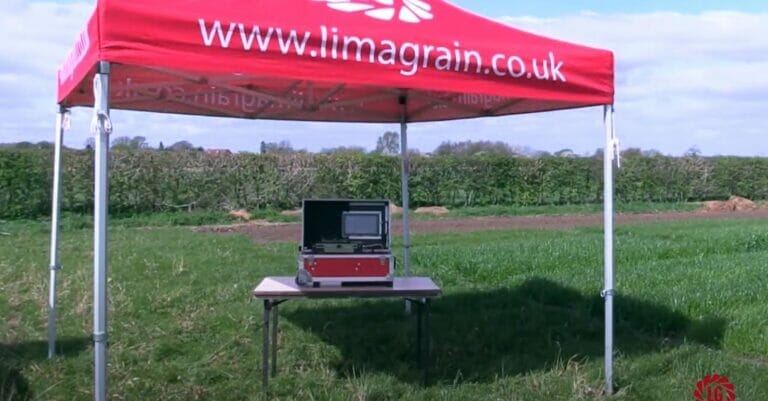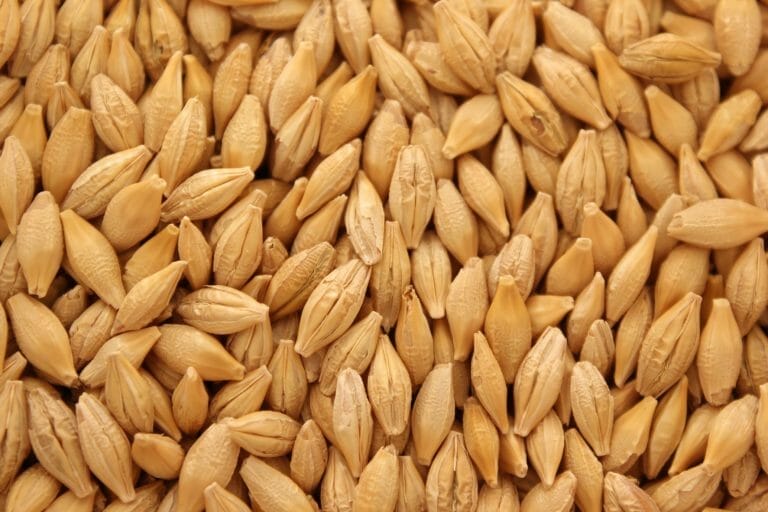
Using variety choice to manage on-farm risk should be a top priority for growers when finalising variety choices for the coming season, according to breeders Limagrain UK.
Speaking at a recent variety demonstration at the Limagrain Woolpit site in Suffolk, arable technical specialist, Liam Wilkinson, urged growers to take a whole-farm approach to risk management when deciding what to grow.
There were many ways that varieties could be used to manage risk, from selecting those with different maturities to mitigate the impact of unsettled weather around harvest, to choosing varieties with strong disease resistance scores based on a diverse genetic background, he said.
“Don’t look at any one aspect in isolation; mitigating risk has got to be based on whole-farm factors.”
Yield results from local trials (treated and untreated), grain quality suitability for different end markets, fungicide response, growth habit in autumn and spring, and other agronomic traits, were all important factors to consider, Jonathan Payne of Nickerson Seeds added.
“The type of drilling system you use, whether that’s wide or narrow rows, may be something else that affects the most suitable variety to choose.”
A variety like RL Candidate LG Redwald, for example, offers huge biomass and tillering capacity, making it well suited to wide row direct drilling or min-till systems, using lower seed rates.
The variety offers a yield potential of 106%, but can also be used for whole-crop forage, given the large biomass potential. This could allow ground to be cleared early, or be part of a grass-weed control strategy.
“The key is to identify your hopes and expectations for 12 months’ time and plan variety choices depending on what you want to achieve.”
After another dry spring and early summer, drought risk was once again top of many growers’ minds, Mr Wilkinson noted.
“For drought-prone sites, generally you need a taller variety which is quick to get going in the spring, combined with early maturity and good grain quality, such as LG Skyscraper.”
“On the whole, higher-yielding varieties are generally getting taller, and we find these have better resilience in droughty situations, although growers need to manage them properly through the season.”
Safe option
For those growing milling wheats, Mr Wilkinson said Crusoe remained the safe option from a quality perspective, given its stable Hagberg, high inherent protein content and proven farm and end user performance, during a more than a decade on the Recommended List.
He acknowledged growers should be mindful of brown rust risk, but said this was generally easier to control than yellow rust, which was a much greater threat in several other varieties. In contrast, Crusoe’s yellow rust resistance score remains at 9.
This strong yellow rust resistance had been passed on through Limagrain’s breeding programme to other varieties, such as LG Detroit, which was the only Group 2 wheat to offer Orange Wheat Blossom Midge (OWBM) resistance, alongside stiff straw and good grain quality, with similar performance to Crusoe in some mills.
“Midge resistance is a fantastic trait that we know is effective, with no yield deficit. If you’re going to push a Group 2 type variety for milling potential, then this is the one I’d go for.”
Among the increasingly crowded Group 3 sector, Mr Wilkinson picked out LG Astronomer as being an “all-round safe package”, that combined excellent grain quality with robust disease resistance and other good agronomics that would help manage risk on farm.
Importantly, its three-way parentage of (Cougar x Leeds) x Britannia, has proven to be far more robust than other varieties against the Cougar Septoria strains seen last season, resulting in it remaining one of the best Group 3’s for Septoria resistance on the RL.
 “LG Astronomer likes being drilled a bit earlier and generally needs decent bodied land to get the best out of the variety. The biscuit premium might not be as attractive as that from Group 2’s, but with LG Astronomer, it’s one that can be achieved with no extra agronomic input required.”
“LG Astronomer likes being drilled a bit earlier and generally needs decent bodied land to get the best out of the variety. The biscuit premium might not be as attractive as that from Group 2’s, but with LG Astronomer, it’s one that can be achieved with no extra agronomic input required.”
The Group 4 variety LG Typhoon was another new variety that ticked a lot of boxes for managing risk, Mr Wilkinson said. It combines high yield potential with excellent disease resistance, stiff straw and OWBM resistance.
“Typhoon’s Septoria resistance comes from Irish parentage and is one of the highest scores available on the RL. It also has the stacked genes for yellow rust resistance, using the most robust genetics we’ve got. There’s been a lot of demand for it already, particularly in the West.”
LG Typhoon’s strong genetics could buy useful flexibility around key spray timings, and potentially allow for some savings depending on disease pressure, he said.
“The variety suits earlier drilling situations due to its spring growth habit, and is rated +2 for maturity, so it’s well worth investing in the T3.”
Local trials inform decisions
Suffolk grower Peter Mahony was one of several farmers who valued the benefits of being able to see how varieties performed in local conditions, rather than having to rely on National Trials information.
Mr Mahony farms around 220 ha (560 acres) of owned and contracted land near Rattlesden, south of Woolpit, growing 35 ha of LG Skyscraper, alongside Gleam, LG Mountain winter barley and sugar beet, on mainly clay loam soils.
This autumn will be his first year direct drilling, so he was particularly interested to see which varieties might suit that system.
“Big National Trials have less relevance to what’s going on at our farm, whereas seeing how a range of varieties fare in our soil type and growing conditions is far more useful. Plus we also value being able to talk to the breeders and get their opinions on things like drilling date or optimum seed rate.
“We’ve been growing Limagrain varieties for many years,” he added. “Knowing they’ve been bred just down the road from us gives us confidence that they should be well suited to our growing conditions on the farm.”

